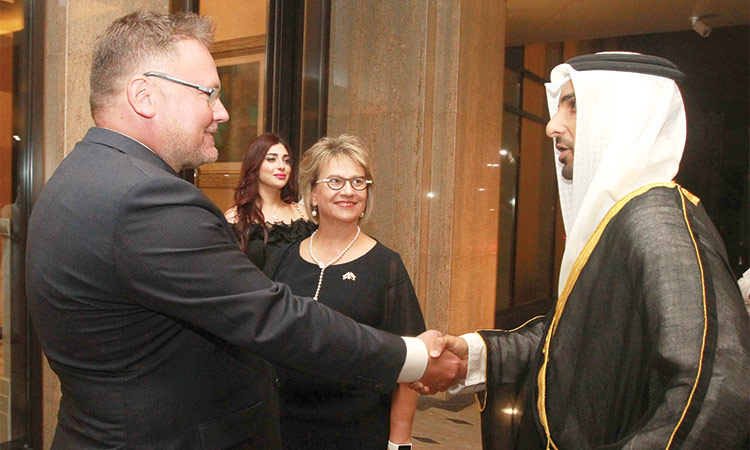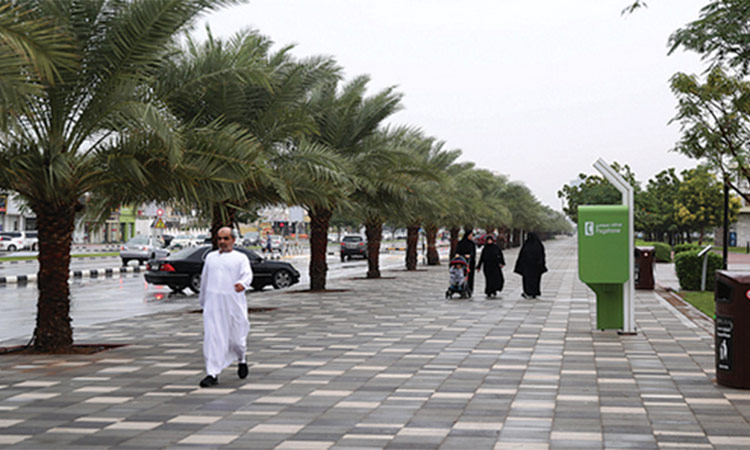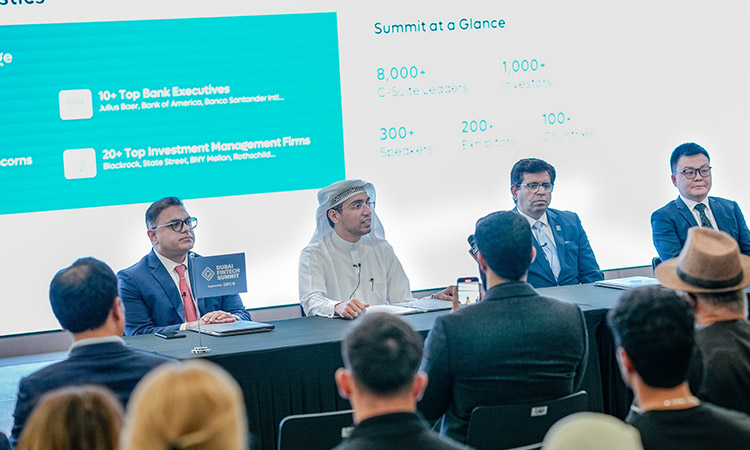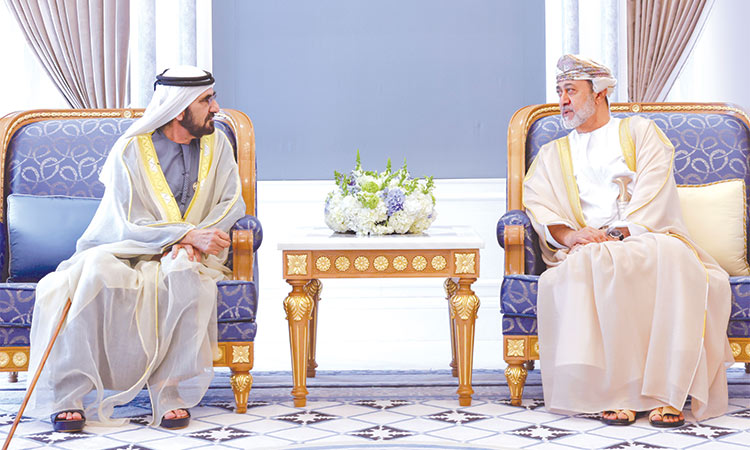UAE registers record rise in business activity in May
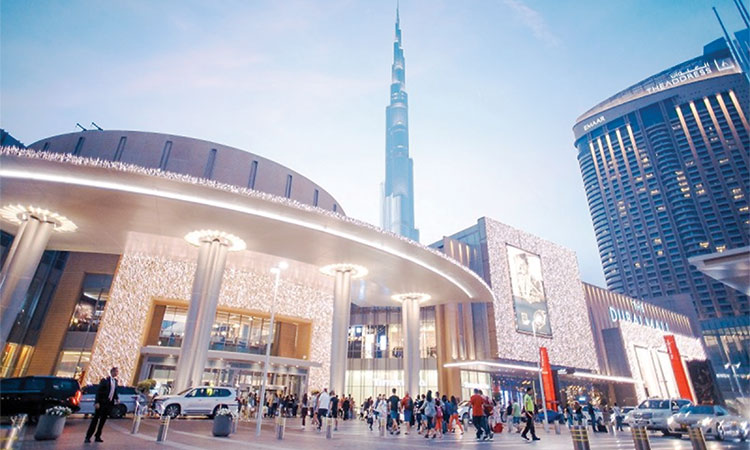
The rise in the headline PMI indicates faster GDP growth in the UAE’s non-oil sector.
UAE registered a record rise in the business activity in May as the rate of expansion accelerated sharply from the previous month. Stronger market demand, marketing activity and the start of new projects all reportedly contributed to the latest increase.
“UAE companies largely expect growth to continue over the coming year, with business optimism only fractionally weaker than the previous month’s record high, this was revealed in the Emirates NBD Purchasing Managers’ Index (PMI) May data.
The Emirates NBD Purchasing Managers’ Index (PMI) released the May data for the UAE. The survey, compiled by IHS Markit, contains original data collected from a monthly survey of business conditions in the UAE non-oil private sector.
Commenting on the UAE PMI survey, Khatija Haque, Head of Mena Research at Emirates NBD, said: “While the rise in the headline PMI indicates faster GDP growth in the UAE’s non-oil private sector, the environment remains a challenging one for businesses.
“The strong rise in both output and new orders last month was on the back of continued price discounting by firms as well as stronger growth in export orders.”
“Moreover, when the headline PMI was last at a similar level (in October 2014 and January 2015) the survey showed solid growth in private sector jobs, which is not the case this time. The employment index in May 2019 was only fractionally above the “no-change” level and wages were stagnant as well, so the sharp rise in the volume of business activity is not yet benefitting households.”
The headline seasonally adjusted Emirates NBD UAE Purchasing Managers’ Index (PMI) - a composite indicator designed to give an accurate overview of operating conditions in the non-oil private sector economy - rose to 59.4 in May from 57.6 in April.
This was the third successive monthly increase in the index, with the latest reading signalling a substantial improvement in business conditions, and one that was the greatest since October 2014.
The rate of growth in new business in the non-oil private sector also quickened markedly, and was at a near-record pace. As well as improving underlying demand, companies indicated that price discounting helped them to secure new orders.
New export orders, meanwhile, rose at the fastest pace in the near ten-year survey history, with new business from Saudi Arabia and Oman mentioned. The aforementioned price discounting was reflected in an eighth consecutive monthly reduction in output prices. Companies were able to lower charges due to muted cost inflation. Overall input prices rose only marginally in May, and at the slowest pace in nine months.
Higher new orders led companies to increase their purchasing activity, which rose at a survey-record pace. Positive expectations regarding future workloads encouraged stock building midway through the second quarter. Inventories of purchases rose to the greatest extent since March 2018.
Although both new orders and business activity increased at substantial rates in May, non-oil companies again displayed a reluctance to hire additional staff. Employment was broadly unchanged during the month, with almost all respondents leaving their staffing levels stable.
The Emirates NBD UAE Purchasing Managers’ Index is based on data compiled from monthly replies to questionnaires sent to purchasing executives in approximately 400 private sector companies, which have been carefully selected to accurately represent the true structure of the United Arab Emirates non-oil economy, including manufacturing, services, construction and retail.
The panel is stratified by Standard Industrial Classification (SIC) group, based on industry contribution to GDP. Survey responses reflect the change, if any, in the current month compared to the previous month based on data collected mid-month. For each of the indicators the ‘Report’ shows the percentage reporting each response, the net difference between the number of higher/better responses and lower/worse responses, and the ‘diffusion’ index. This index is the sum of the positive responses plus a half of those responding ‘the same’.
The Purchasing Managers’ Index (PMI) is a composite index based on five of the individual indexes with the following weights: New Orders - 0.3, Output - 0.25, Employment — 0.2, Suppliers’ Delivery Times — 0.15, Stock of Items Purchased — 0.1, with the Delivery Times index inverted so that it moves in a comparable direction.
Diffusion indexes have the properties of leading indicators and are convenient summary measures showing the prevailing direction of change. An index reading above 50 indicates an overall increase in that variable, below 50 an overall decrease. IHS Markit do not revise underlying survey data after first publication, but seasonal adjustment factors may be revised from time to time as appropriate which will affect the seasonally adjusted data series.

